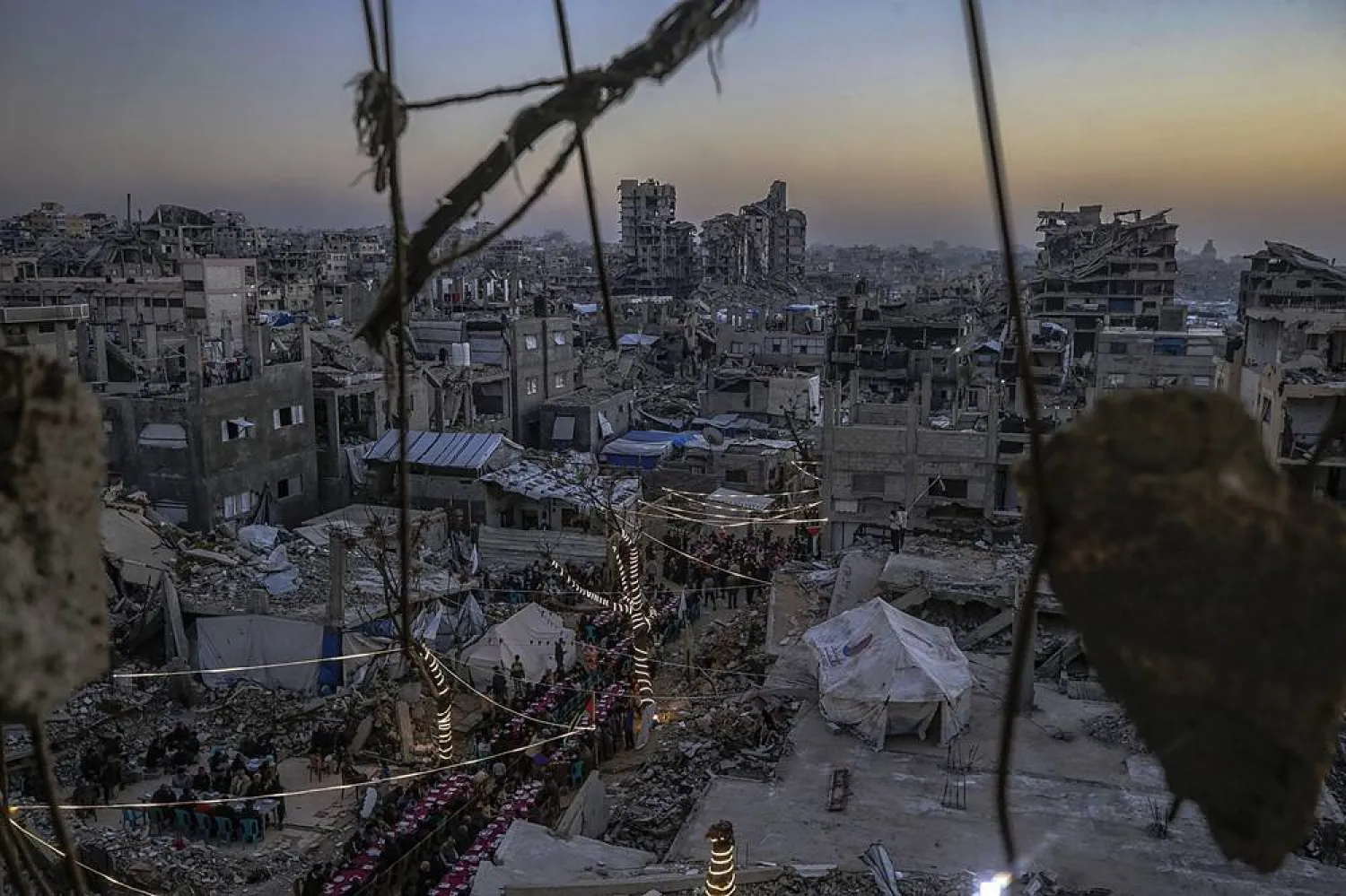A delegation from the Free Patriotic Movement (FPM) visited Bkirki on Monday, a day after Maronite Patriarch Beshara Al-Rai proposed “the internationalization of the Lebanese crisis.”
A parliamentary source in the FPM told Asharq Al-Awsat that the “unplanned” visit aimed at discussing the patriarch’s view on the formation of the new government and his recent proposal on holding an international conference for Lebanon under the auspices of the United Nations.
The source said the patriarch was informed of the FPM’s position on the government, revealing that should rapprochement be achieved between both sides then another meeting with al-Rai may be held, this time with the attendance of movement leader Gebran Bassil.
During Sunday mass, Rai demanded that Lebanon’s issue be raised at a special international conference, in the first call of its kind after the severe deterioration of the living and economic crises and the continuous failure to form a government.
“As a founding and committed member of the Arab League and the United Nations Organization, Lebanon – with its collapsing situation - necessitates that its case be brought up in an international conference sponsored by the UN, in a manner that would consolidate its modern constitutional frameworks based on the unity of the entity, system of neutrality and the provision of permanent guarantees that prevent any attempt to undermine its legitimacy,” Rai said.
Following the meeting, former minister Mansour Bteish said that talks focused on the need to form a salvation government of high credibility, in accordance with the terms of the French initiative.
He stressed that President Michel Aoun wanted the new government to be formed “as soon as possible”, stressing that Prime Minister-designate Saad Hariri “must go to Baabda and consult with Aoun.”
In this context, the parliamentary source affirmed that the FPM “does not see the urgency to internationalize the crisis, as matters can be resolved and the government can be formed if the premier-designate showed more flexibility.”
“Hariri follows certain standards with all parties, and when the matter comes to the Christian ministers, he adopts other criteria,” the source emphasized.
On the other hand, a deputy from Hariri’s Mustaqbal bloc said the PM-designate has acted in accordance with the constitution, by providing the president with a ministerial lineup that included four ministers chosen from the list prepared by Aoun himself, with the possibility of amendment.
Hariri “is waiting for Aoun’s response. If he has any inquiries or matters to discuss in this regard, let him inform the premier-designate, and then the meeting will take place,” the source said.









